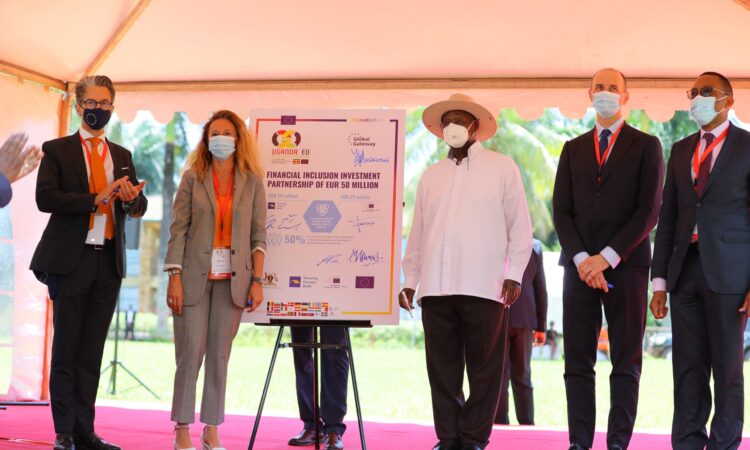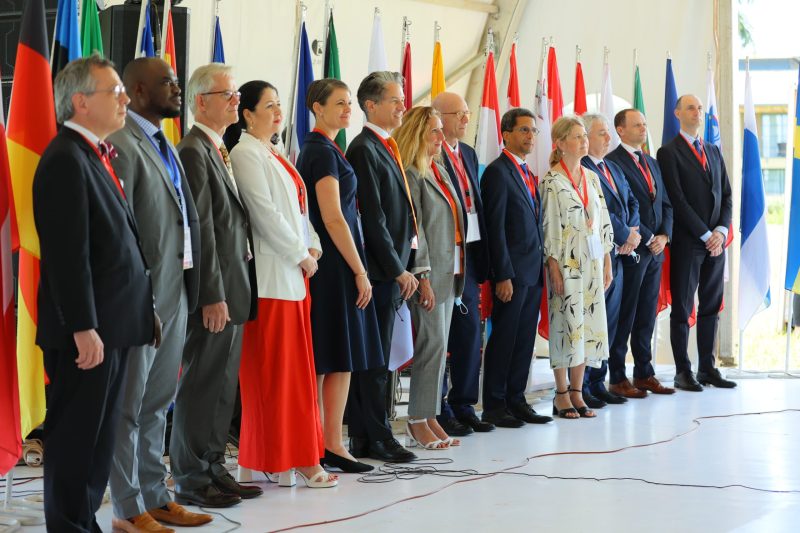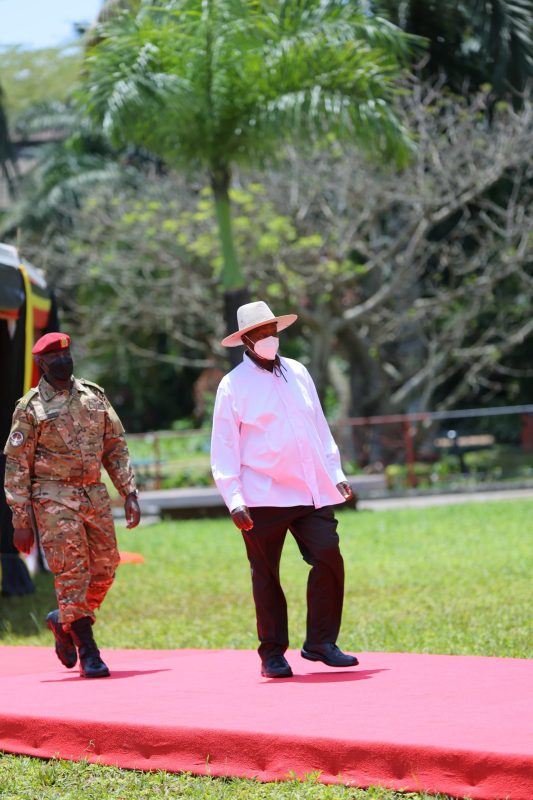
By Happy Christine
In a call to action, President Museveni has issued a resounding plea to the European Union (EU): invest in Uganda’s economic potential rather than imposing ideological agendas.
Speaking at the 3rd Uganda-European Union Business Forum, Museveni criticized the interference of politics in business dealings, labeling it a significant barrier to trade.
The Ugandan leader emphasized the importance of separating business from politics, asserting that the imposition of external ideals hinders economic progress.
Museveni underscored Uganda’s readiness for investment, describing the country as a prime destination for businesses seeking high returns.
With confidence in Uganda’s infrastructure development, including transportation, electricity, and communication networks, Museveni encouraged European businesses to seize the opportunities available in Africa, particularly Uganda.
He argued that such ventures are not only pragmatic but also strategic for both parties involved.
Sadek speaks out
Responding to Museveni’s call, Jan Sadek, the European Union Ambassador to Uganda, acknowledged the remarkable growth in Uganda’s economic landscape.
Sadek highlighted the doubling of Ugandan exports to Europe since 2020, showcasing a positive trade relationship between Uganda and the EU.

However, amidst the economic successes, challenges persist, particularly concerning regulatory frameworks.
Sadek addressed the European Commission’s proposal for Corporate Sustainability Due Diligence (CS3D), emphasizing the need for dialogue to ensure that measures do not disproportionately burden small-scale farmers and businesses.
The Uganda-European Union Business Forum focused on key economic sectors outlined in the National Development Plan III, reflecting a shared commitment to socio-economic transformation.
Through collaborative efforts, both parties aim to harness the full potential of these sectors for sustainable development and prosperity.
As Uganda endeavors to strengthen its economic ties with the European Union, the emphasis on investment over ideological imposition signals a shift in diplomatic discourse.
Dialogue and cooperation remain paramount in navigating regulatory challenges and facilitating trade facilitation measures for mutual benefit.
Constructive collaboration
Humphrey Nzeyi, the chairman of the Private Sector Foundation Uganda (PSFU), emphasized the pivotal role of the summits in facilitating constructive dialogue and collaboration between the private sector and EU partners.

By providing a forum for stakeholders to convene and engage, the summits enable the identification and resolution of bottlenecks hindering trade activities.
Nzeyi outlined the primary focus areas of this year’s summit, highlighting agribusiness, sustainable tourism, information technology, and enabling infrastructure as key sectors deserving attention.
This strategic emphasis reflects a concerted effort to leverage Uganda’s strengths and address emerging challenges in these critical sectors.
Through sustained collaboration and dialogue, Nzeyi envisages further growth and prosperity for both Uganda and its EU partners, underscoring the importance of ongoing engagement and cooperation in fostering mutually beneficial trade relationships.
The State Minister of Foreign Affairs in charge of Regional Affairs, John Mulimbo, acknowledged the crucial platform the event provides for enhancing trade and investment between Uganda and the EU.
“Despite historic ties, there’s untapped potential for deeper bilateral trade,” said Mulimba.
“We recognize the need to attract investments for value addition to capitalize on natural resources, address evolving regulatory challenges like CS3D, and focus on key sectors outlined in National Development Plan III for sustainable socio-economic transformation,” he added.








